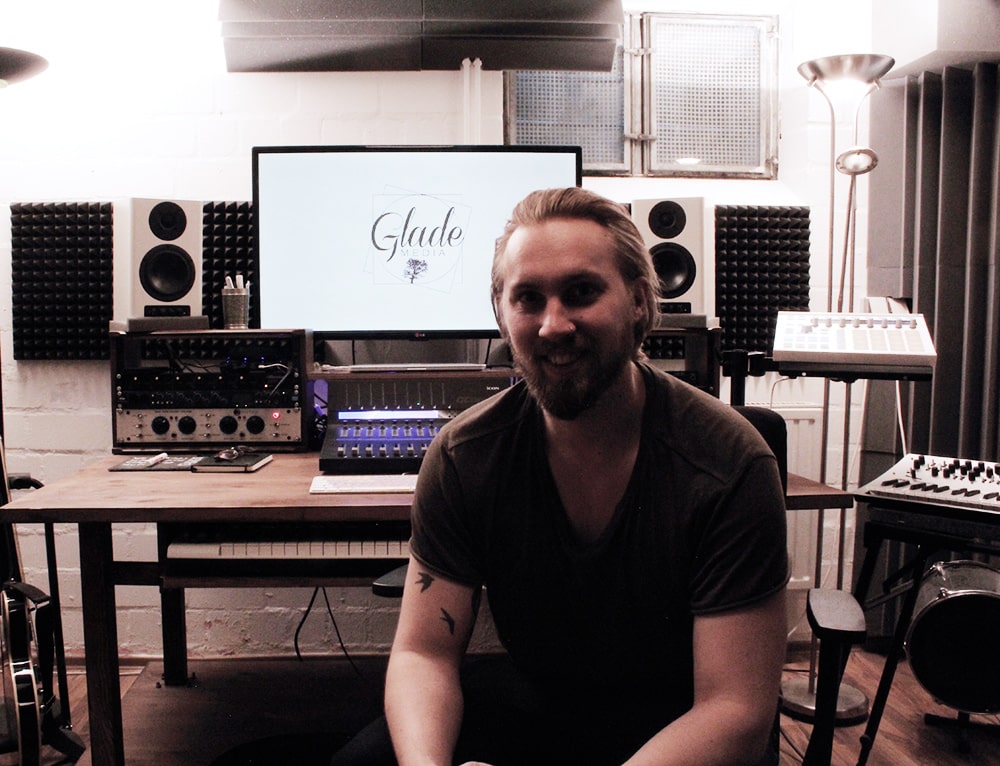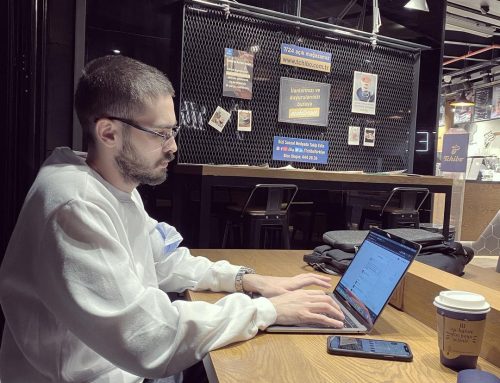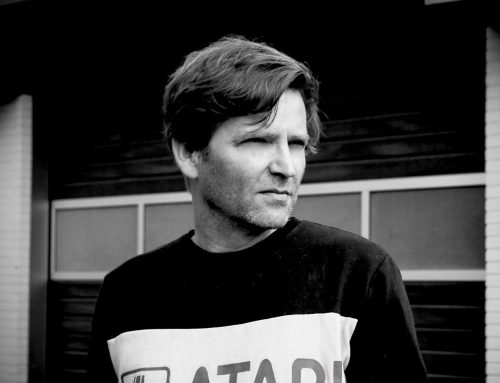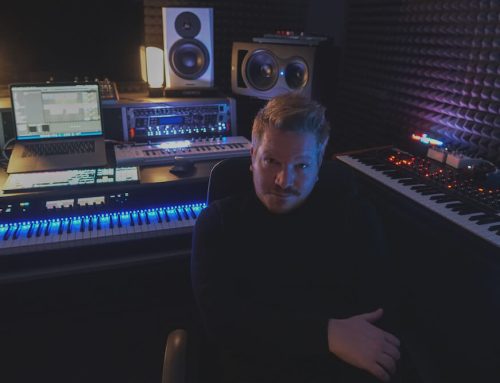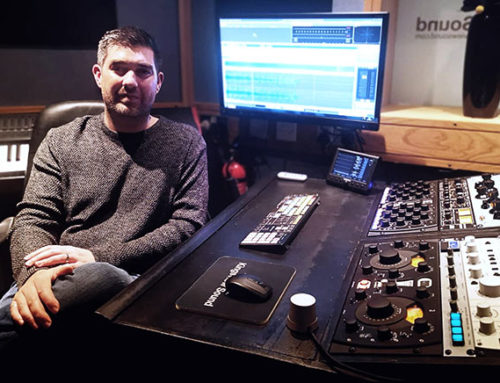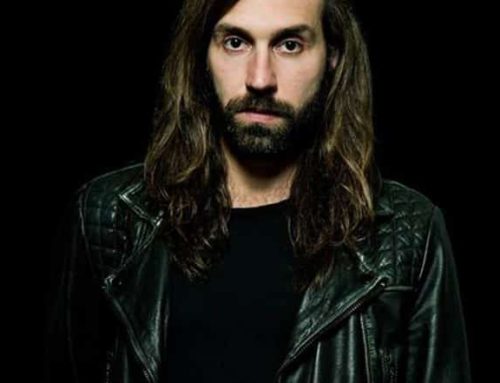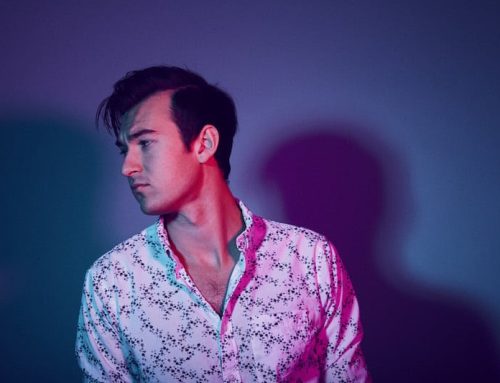Hi Alex, thank you for taking the time to chat with us.
Can you tell us a bit about yourself, your skills and how you started your career?
I’m Alexander Luebbe. I am a music producer and mixing engineer from Hamburg, Germany.
I started out by recording my friend’s hip-hop tapes in my bedroom when I was 15. Back then I used an iMac, an m-audio interface, and a 120€ AKG microphone.
I also gravitated towards guitar around then, so I would also spend a lot of time reading up on and trying out different techniques and setups for recording guitar through the one Fender amp I had.
After school, I took an apprenticeship as a salesman in audiovisual media at Universal Pictures. I kept studying at home with books, magazines, and video tutorials to find more ways of attaining better recording quality and post-production techniques and so on. It was also in this time that I got my first paid recording job.
At the end of my apprenticeship, it was clear how enjoyable producing and working with audio was for me, so I decided not to go on working in an office but to work as an independent music producer. It’s always been important for me to push myself, to always learn more and to become an expert. That really drives me to be motivated for work and to be productive.
Location of your studio and how you put it together?
My Studio is based in Hamburg, Germany. In the beginning, I always put all the money I got from jobs directly back into the studio to buy better gear and plugins.
In my Instagram account, you can see that I’ve built many things myself to save money. My studio desk, 19″ racks, and my acoustic panels, for example, are all made by myself.
Location of your studio and how you put it together?
My studio is based in Hamburg. In the beginning, I would reinvest the money from any paid job straight back into the studio – buying hardware, software, new plug-ins or instruments. Sometimes to save myself some money, I would just build the things which I needed. I think you can still see some examples of that on my Instagram account, like the acoustic panels, and the studio desk 19” racks.
When it comes to gear, what do you use and why?
I tend to keep away from buying expensive analog gear. Nowadays good digital compressors and EQs sound the same as their analog counterparts. My business partner and I did extensive tests by comparing analog gear to their digital clones to prove that to ourselves. To me, the only advantage of analog gear is the feel of controlling audio with real knobs, faders, and buttons.
For recording, I use a Summit audio TPA 200 Preamp and a good variety of different microphones. For vocals, I mostly use a Blue Microphones Kiwi.
When it comes to instruments I tend to record real instruments like analog synths, pianos, guitars, drums, percussions etc. I find it much easier to be creative with those than with a midi keyboard.
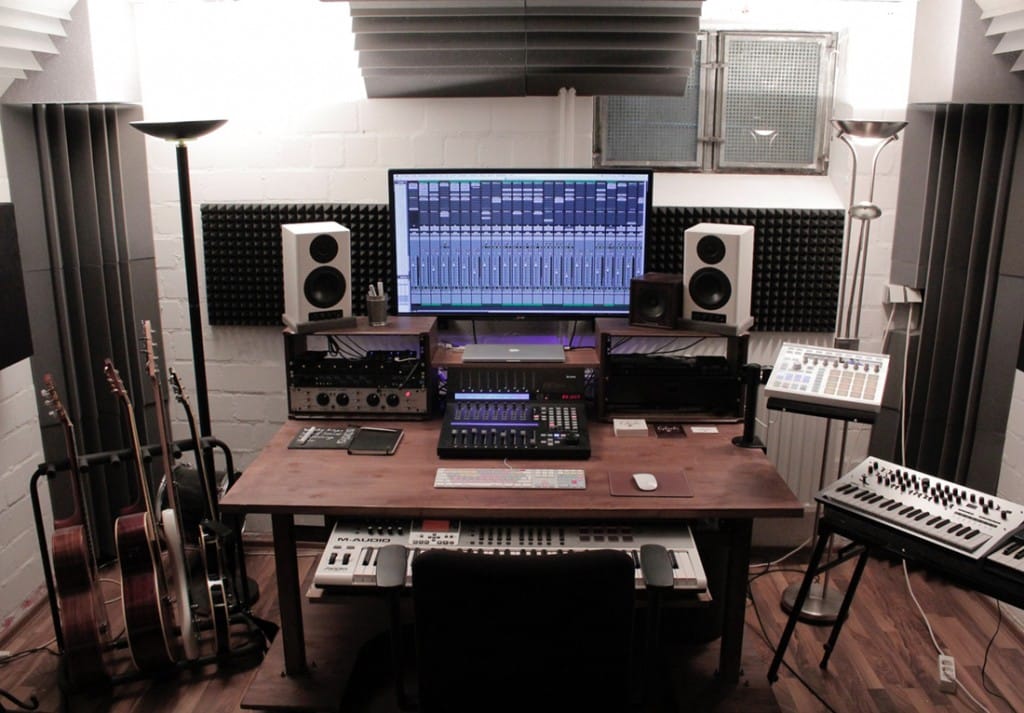
Can you tell us about your acoustic treatment?
I definitely started with some pretty common mistakes like using material that only absorbs high frequencies. But after getting deeper into the topic, I started buying bass traps and building a few acoustic panels on my own.
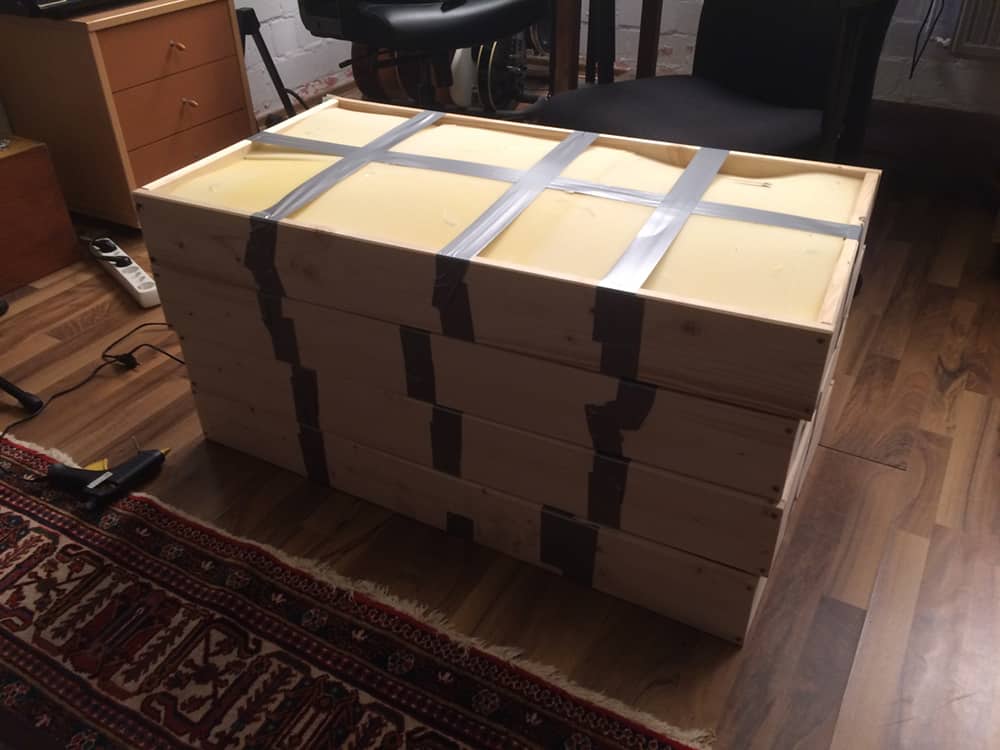
What is your DAW and what Plugins do you use?
I am working with Pro Tools. It’s not as creative as Ableton as it’s designed for recording already finished songs – which definitely holds an advantage for me as I record a lot of bands who come in to the studio with everything already written. I also mostly finish writing songs in my head or with an instrument, so it’s a good set up for me.
I use a great variety of plugins mostly from Slate digital, ni, waves, and Fab filters.
Do you use any analog synths?
I use my pretty little analog synthesizers. I have a Korg Minilogue and an Arturia Minibrute.
For sound design, I also love to record weird sounds and modify them with effects.
Special tips you’ve learned while building your studio.
For the most people, it’s important to save money.
What I’ve learned while building my studio was to buy the best version of the gear I need right away. If you really want to become a producer, don’t buy the cheapest keyboard or the cheapest microphone because of impatience. Wait a few months and save money to buy the one you are really going to need. You’re going to buy it anyway, it’s just a matter of time.
Another tip would be trying to build stuff yourself. Not because it’s cheaper, but because you can customize it to your personal preferences.
Pieces of Advice.
Practical experience is more important than following rules you’ve read in books or seen on YouTube tutorials. Many people try to tell you what you can’t do in creating music and mixing audio. But the truth is, there are no rules. If it sounds good, it is good. And that’s exactly how interesting sounds are created that stand out from the crowd. That’s one of the most important things about art in my opinion.

